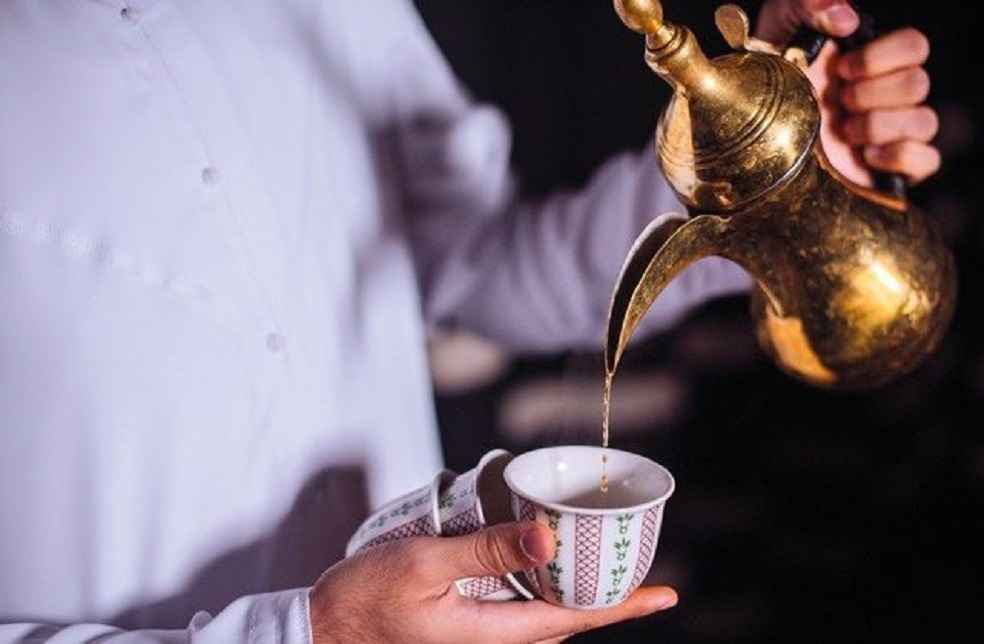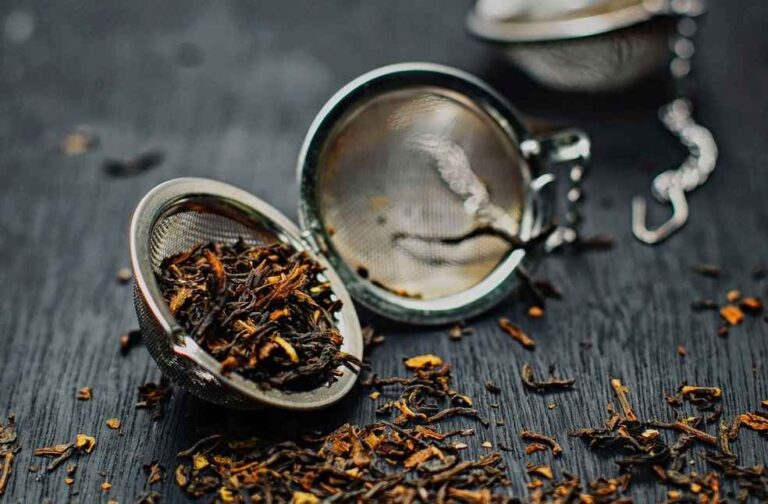Demand for Nepali tea and coffee is on the rise internationally, reports the National Tea and Coffee Development Board. In the fiscal year 2022–23, Nepal exported 77 metric tons of coffee, up from 72 metric tons worth Rs 96 million the previous year. Data for 2023–24 is still being collected, but early signs indicate continued growth.
On the import side, coffee imports decreased significantly from 450 metric tons valued at Rs 320 million in 2021–22 to Rs 100 million last year. Coffee cultivation in Nepal covers 3,659 hectares and involves about 33,000 farmers. International demand for Nepali coffee, mostly the Arabica variety, is around 14,000 metric tons. Grown at 1,000–1,600 meters in Nepal’s mid-hill regions, Nepali Arabica coffee benefits from ideal soil, climate, and altitude, producing specialty beans known for chocolate, citrus, and floral notes.

Commercial coffee farming spans 43 districts, including Gulmi, Palpa, Lalitpur, and Kaski. Key markets for Nepali coffee include Japan, South Korea, the United States, and Europe, particularly Germany and the UK, with increasing demand in Asia and the Middle East. While coffee export revenue is smaller compared to other agricultural products, it is steadily growing, especially in premium markets.
In the tea sector, exports reached Rs 3.8 billion in the fiscal year 2078-79 BS, increasing by Rs 140 million the following year. Nepal’s tea industry includes 161 producers employing about 60,000 workers. Orthodox tea, mainly from Ilam, Panchthar, and Dhankuta, leads exports, with CTC, Oolong, and white tea also contributing.

Nepali tea, especially green, oolong, and white varieties, is gaining recognition in international markets, with exports to India, Europe, the US, Canada, and Asia-Pacific countries. The government, through the National Tea and Coffee Development Board, supports the industry with subsidies and training, promoting sustainable and organic farming practices. Certifications like Fair Trade and Organic enhance the market value of Nepali tea and coffee, aligning with global demand for ethically sourced products.
BUSINESS GENERAL | Nestle Pakistan Sets $50M Export Target by 2030, Boosting Local Economy



